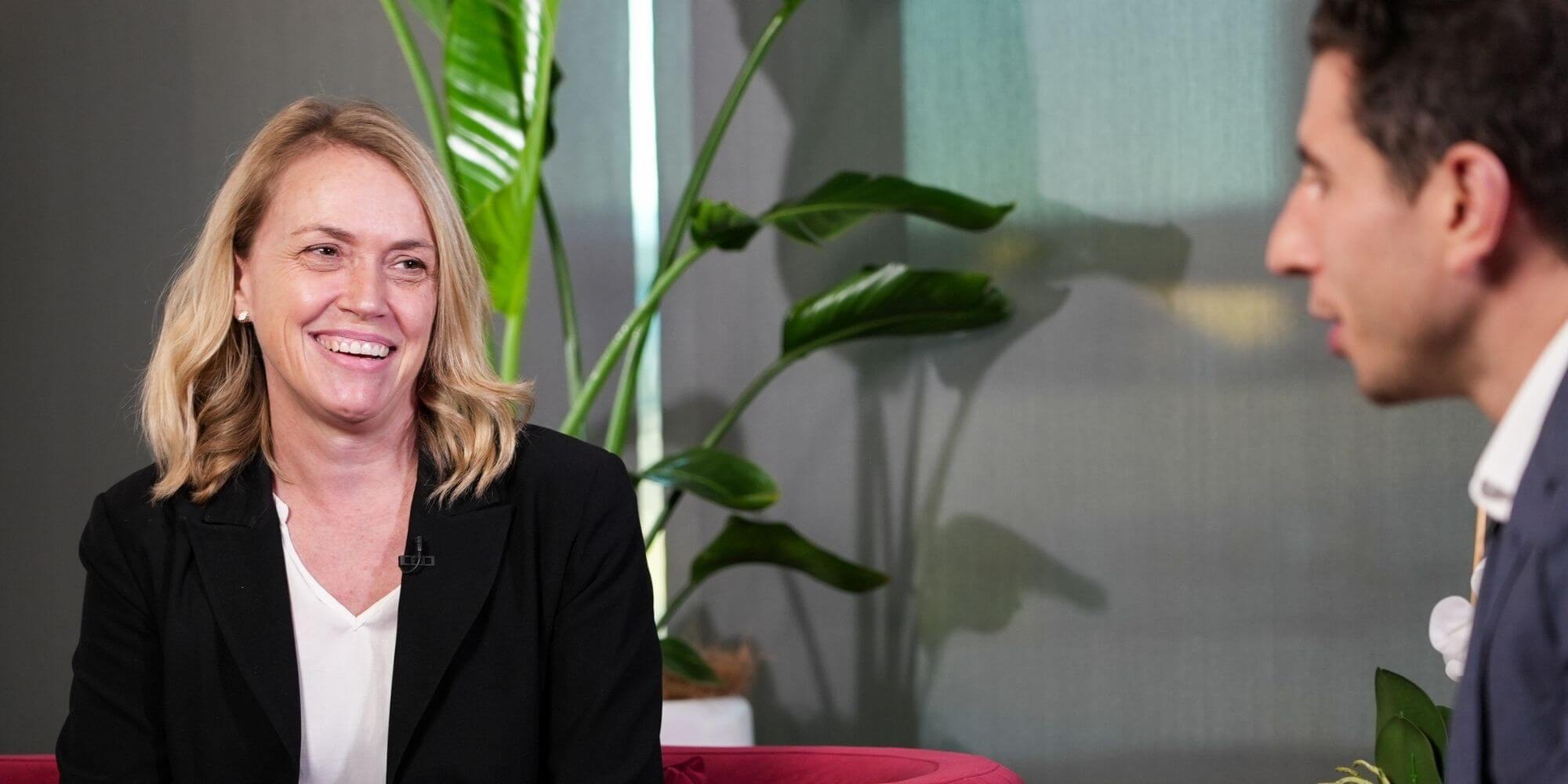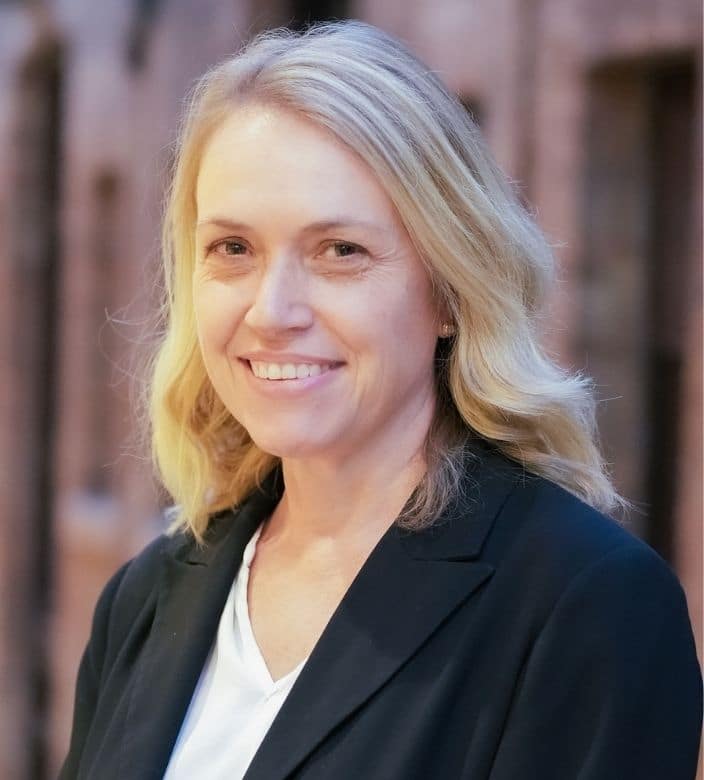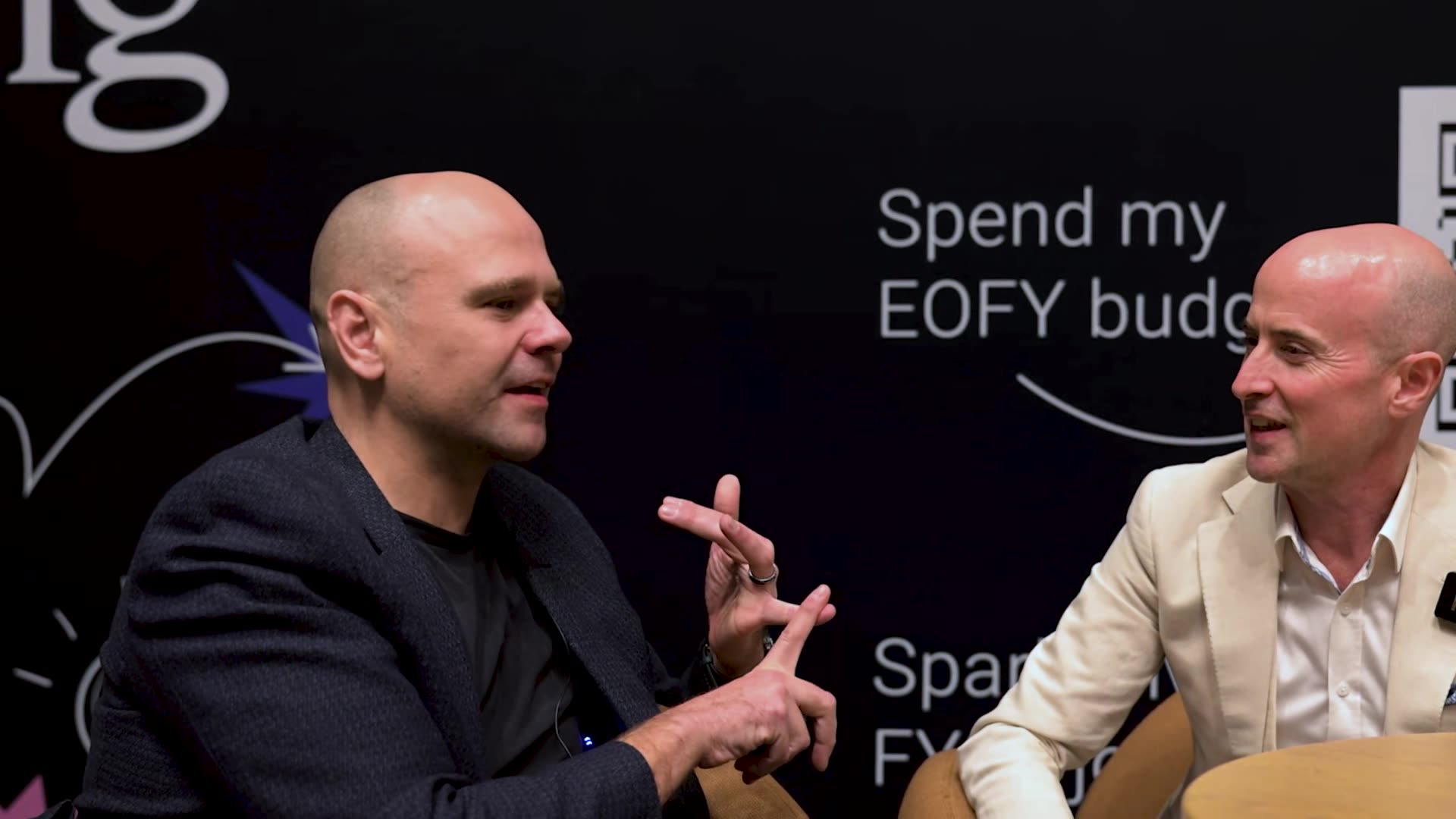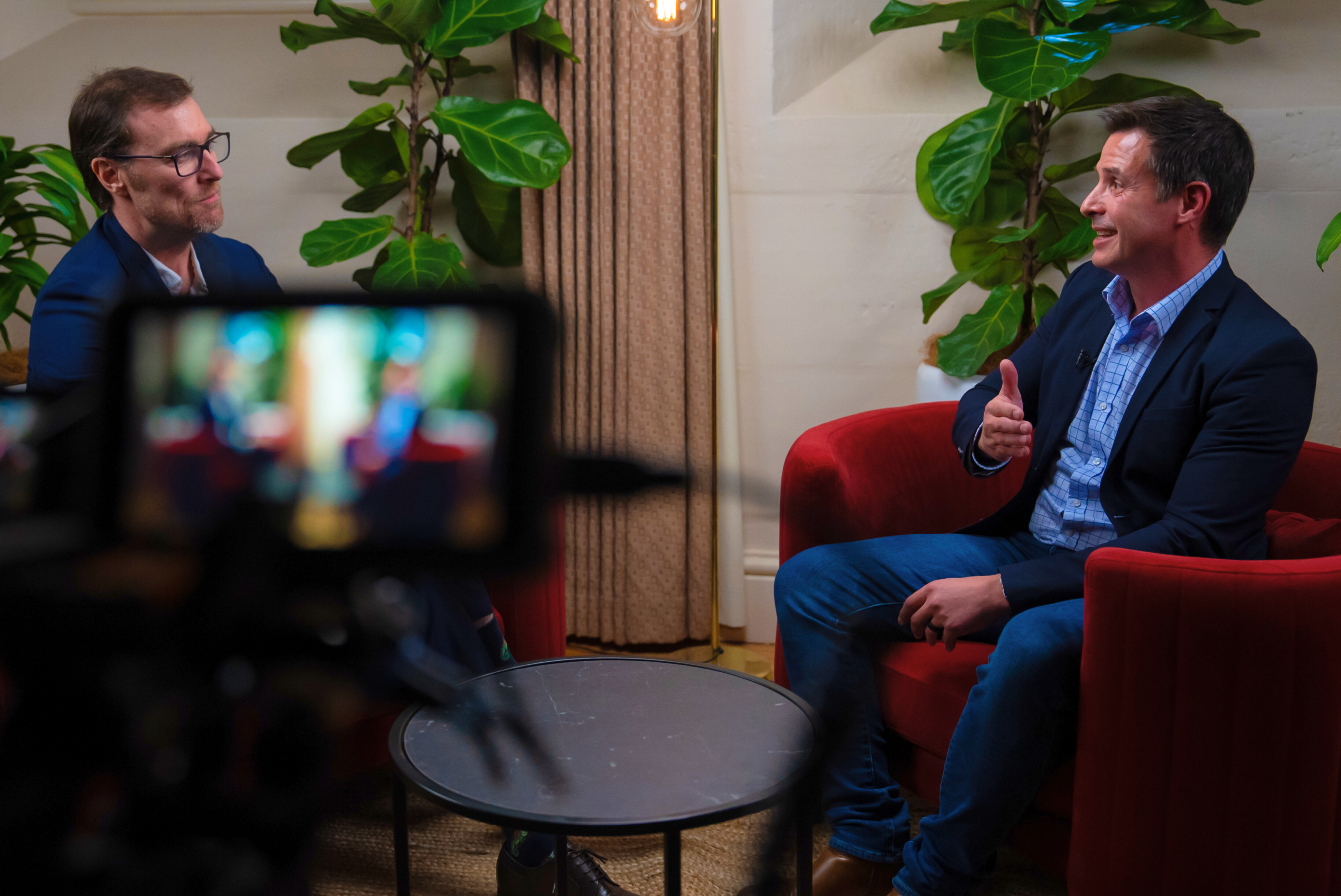Australian Financial Security Authority’s Director of Digital Transformation, Amanda Rice, leads the modernisation of service delivery across the government agency.
Speaking at ADAPT’s Digital Edge Partner, Anthony Saba, Amanda discusses how AFSA delivers customer engagement with their services through apps and platforms whilst ensuring data security.
Whilst sharing key statistics to drive economic growth, AFSA collaborates with other government agencies to secure customer data.
Amanda is currently in the business case stage of renovating AFSA’s data architecture to overcome data siloes and increase collaboration across the agency.
In this interview, she also shares the importance of an open and transparent organisational culture for operational agility.
Transcription:
Anthony Saba:
Amanda, thank you so much for joining us here at Digital Edge. To kick things off, I’d love for you to introduce yourself and tell me a little bit more about your role.
Amanda Rice:
All right, thank you for having me. I’m Amanda Rice. I’m the Director of Digital Transformation at the Australian Financial Security Authority, and my role is to lead digital transformation across the agency.
We’re looking at how we can modernise our services.
Anthony Saba:
Excellent and government often unfairly and sometimes fairly is put as this laggard when it comes to innovation and transformation. Still, we work with an incredible number of organisations across federal and state governments.
There’s been a huge amount of work that’s gone into transformation. What are some of the specific projects or some of the areas that you’re focusing on?
Amanda Rice:
Obviously, like many government agencies, we’ve built our services over several years. Many things we’ve done have been quite tactical in improving how we deliver them, and they’re still quite administrative. We’re trying to reduce that.
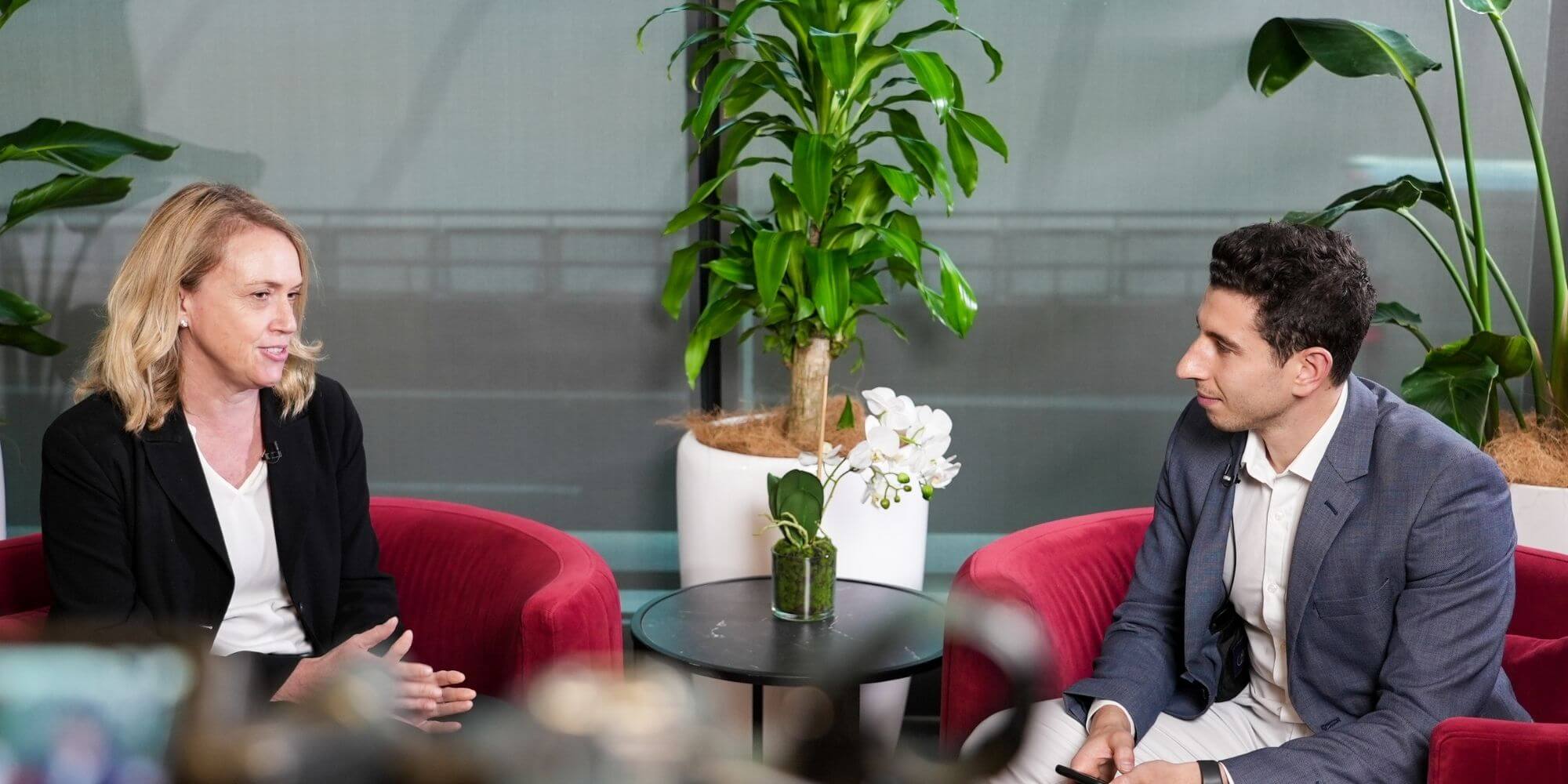
We know that people don’t care; whether they interact with AFSA or whether they interact with Services Australia, they want to interact with the government and have a seamless, consistent experience. Still, they want to know that their information is secure and trust the government.”
It’s about delivering that in a modern way and remaining sustainable as things evolve in the external world and technology evolves and keeping up with user expectations. That’s the challenge.
Anthony Saba:
Excellent, and delivering those services and putting the citizen or customer first, whichever language or vernacular is most appropriate.
Amanda Rice:
People first.
Anthony Saba:
People first, regardless. Does that involve a lot of backend data sharing across government entities?
Amanda Rice:
Yes and no. We share our statistics. We manage personal insolvency and personal property securities.
We have a statistics arm that shares that information because, for the economy, that’s useful.
We do have that, and we work with other government agencies around sharing data, but then there are privacy implications that we need to be conscious of.
There is a lot of constraints around some of that too.
Anthony Saba:
Excellent, and we were speaking earlier, and you said that there is a combination of new tech and legacy technology dating back to 1966.
Amanda Rice:
Technology is not that old. Some of the processes – the legislation can be.
Anthony Saba:
Fair enough, fair enough. You also said that tech is 30% of the challenge. Can you speak to some of the other areas that are posing a challenge in these initiatives?
Amanda Rice:
Over the last year, I’ve been on quite a journey regarding what digital transformation looks like.
We’ve done a lot of focus on what technology will support it, but over the year, I’ve realised that’s the enabler, the change around how we deliver our services for users, and what that means for our staff is probably the key thing.
That’s probably the most challenging bit around the design of services, what that means for the people, what it means for our stakeholders, what it means for our future and what that means, and how does that shape us in the long-term and change us in what, how we deliver not only our services but also our social responsibility.
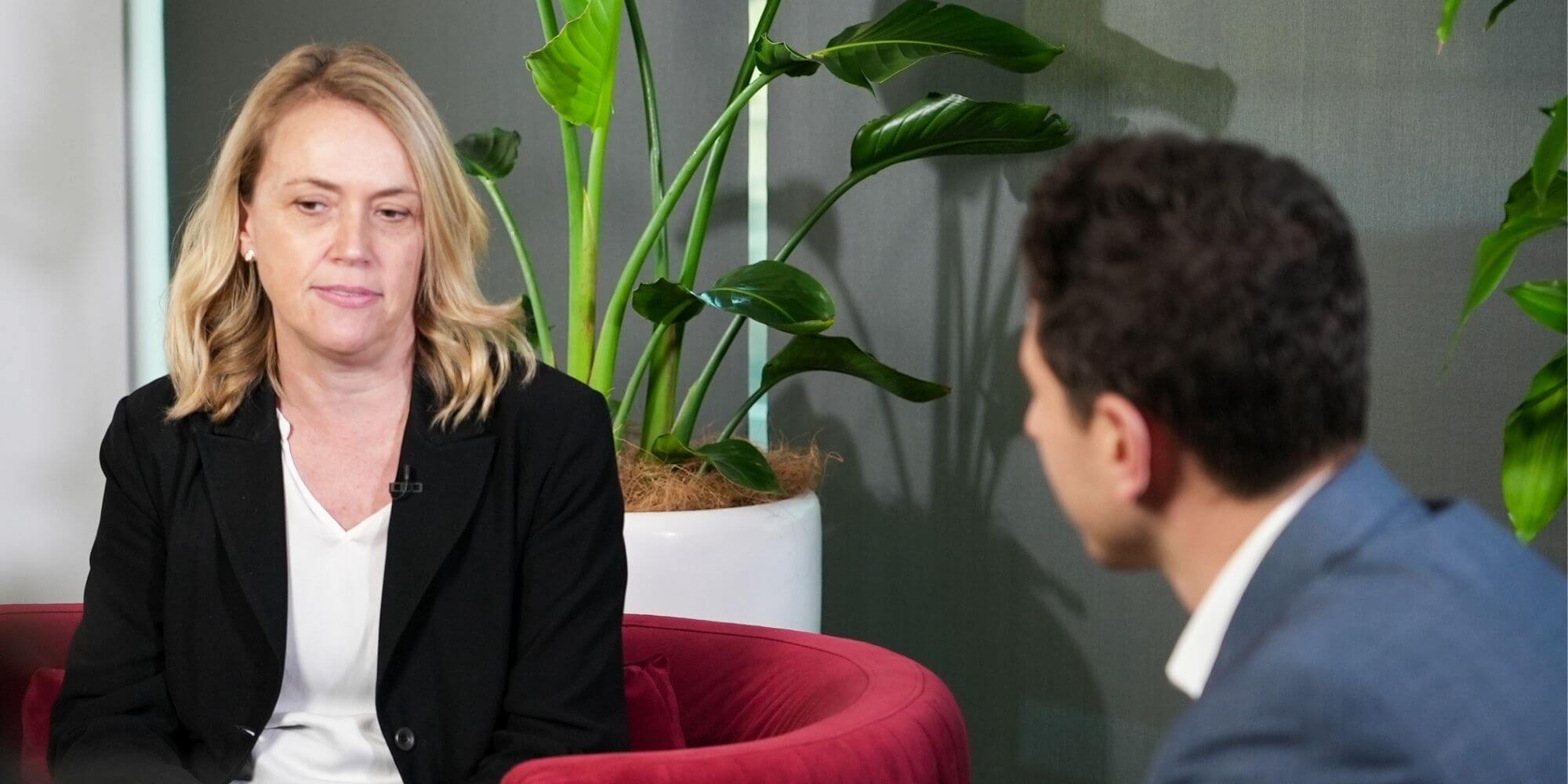
Anthony Saba:
Excellent, it’s the hard part of a technology leader’s job. It is dealing with the change in people. It always seems to be that in the conversations that we have, you also mentioned, you’re about to launch Phase 0. Can you tell me a little bit more about it?
Amanda Rice:
We’re looking to have a phase 0, hopefully. We’re at a business case stage.
If approved, we’ll be looking at building the foundation – a bit more discovery but more around its service design side.
We were looking at how we deliver our services, what we’ve done in the past and how we can improve, and also the technology layer around what foundations we need to be able to build on but also the data architecture too.”
Because we’ve been around for a while our data, and our legacy systems are quite siloed. It’s about how we can move that into new modern tech and with limited issues. .
Anthony Saba:
Absolutely, and it’s a challenging question. It’s tricky. You said keeping up with the changing customer expectation, people expectations, and the changing nature of technology.
There’s always a new shiny tool that can solve your problem better than the old one. Every two weeks, it seems like there’s a new one coming up.
How do you keep up with that pace of change whilst it’s almost like changing the tires while the car is driving?
Amanda Rice:
It’s keeping an ear to the ground.
It’s coming to events like this and learning from fellow people in the industry as well, and having the intel that was being shared today has been quite great in understanding the future. The first speaker spoke about 2030 and where we should be looking to – having that in the back of your mind so that you’re able to pivot.
It’s important to not lock yourself into something that will create today’s problem tomorrow.”
It’s being able to pivot and using the technology around you quite quickly and being agile. I know we throw that word around a lot but being agile.
Anthony Saba:
I suppose my last question will be, as we need to be agile in leveraging our technology, how do we instil that into the people?
We have a continuous change mindset within our group. Matt Boon always says we have legacy mindsets, and then breaking that legacy is often a big challenge.
Do you have any ideas about that? I know it’s not an easy question to answer.
Amanda Rice:
It’s not easy. I probably don’t have an answer to it, really, but what I can share is what we’re doing; what I’m doing is being open.
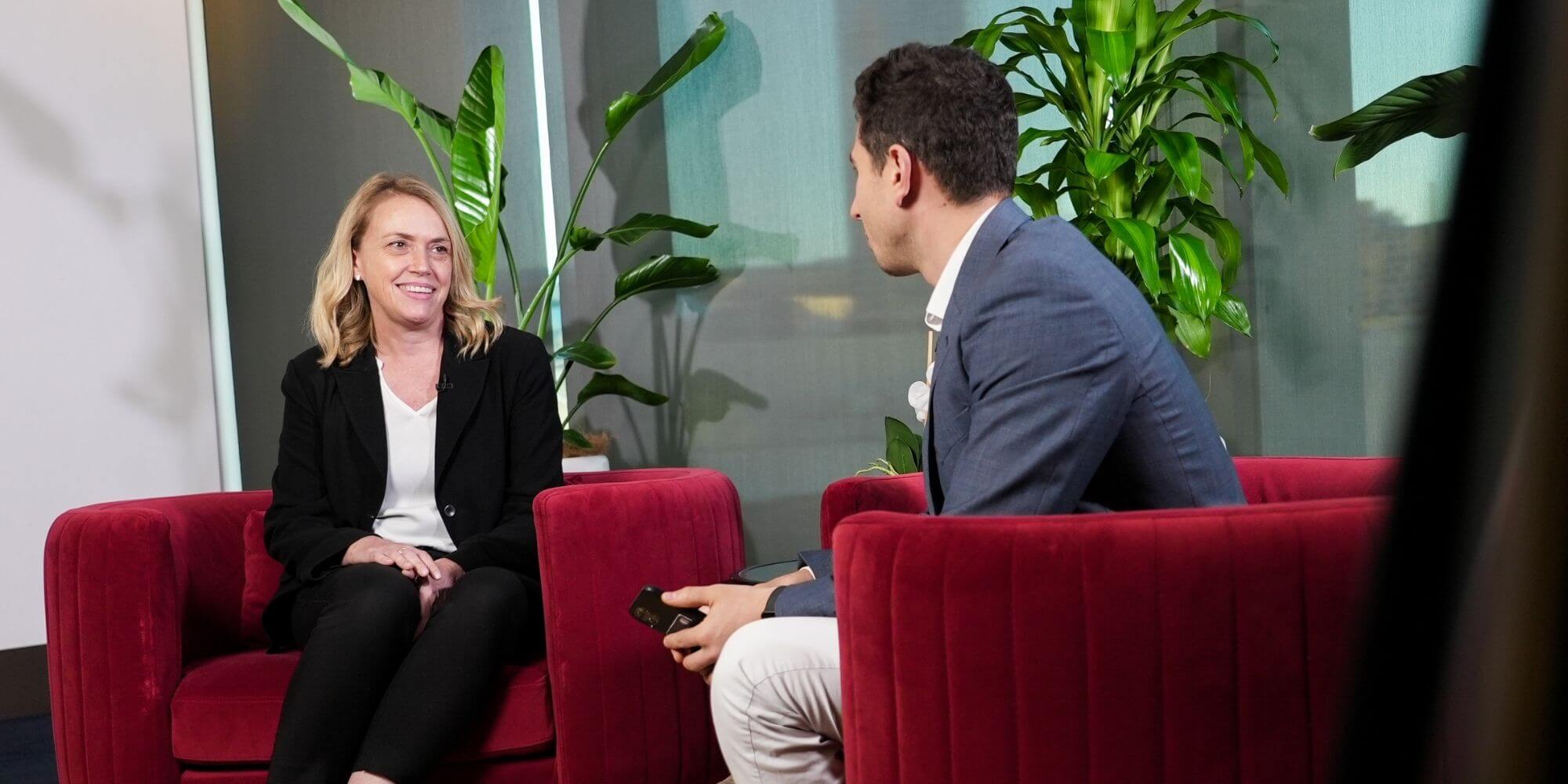
It was good that we had that speaker today around the fishbowl – being open and transparent, where you can – about what’s happening, but also engaging, and being empathetic to where people are – and where they are on their journey and how they’re reacting to what’s going on around them—reinforcing the why, the way to change.
We’ve got a burning platform like everyone else. That’s our user expectations, and delivering a public service, that’s what we’re here for.
That’s what we’re here to do. We’re here to serve people. The people’s expectations are this, and this is why we need to change.
Anthony Saba:
That’s how you get the buy-in.



















